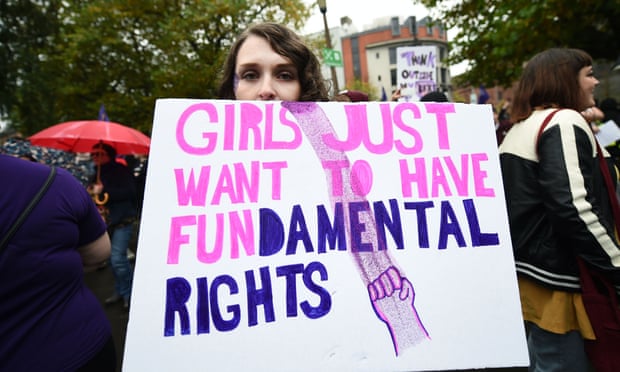By Jenilyn Brhel
Impunity Watch Reporter, Europe
SALERNO, Italy – The bodies of twenty-six Nigerian girls were laid to rest in Italy on November 17th after they were discovered drowned in the Mediterranean Sea on November 5th.

The women, ranging in age from 14 to 18, are believed to have drowned after the dinghies in which they were traveling sank. One victim had suffered internal bleeding from blunt trauma before falling into the water.
Another 100 victims are missing and believed to have drowned. Search and rescue missions have brought nearly 400 migrants to safety.
An investigation into the deaths of the girls was initiated due to fears that they were abused and then killed.
After the discovery of the bodies, two men who are believed to have skippered the boats were arrested on human trafficking charges.
Approximately 168,000 migrants arrived in Italy this year. This represents a 32 percent decline from 2016 and is the result of a controversial agreement between Libya and Italy to keep boats from leaving Libya.
UN Human Rights Chief Zeid Ra’ad al-Hussein called the agreement between Libya and Italy “inhuman,” as it results in migrants seeking refuge to be sent back to Libya’s lawless detention centers.
This year, more than 2,700 people have died or are missing at sea.
Since the 1980s, tens of thousands of Nigerian girls have been taken to Italy and forced into prostitution. In the last three years, there has been a 600 percent increase in sex-trafficking victims arriving by sea. Of the 11,000 Nigerian girls who made the trip last year, 80% of them are believed to be victims of trafficking.
In 2014, 1,454 girls arrived. That number rose to 11,009 in 2016.
According to the UN Refugee Agency, 90% of the women arriving in the country display bruises and other signs of violence.
Only two of the victims buried have been identified. “Most of the Nigerian girls travel alone, part of a huge trafficking network, and no one knows exactly who they are,” said Marco Rotunno, United Nations High Commissioner for Refugees in Italy.
The unidentified victims were buried with white cards simply stating the number of their coffins.
A group of Nigerian girls watched the funeral from a distance. “It is not easy for them because they have all made that crossing, that journey,” said Alessandra Galatro, who works with young Nigerian women to help them escape prostitution. “The cruelty that women faced in Libya, they all experienced.”
For more information, please see:
The New York Times – Two Dozen African Girls Dead at Sea – 13 November 2017
The Guardian – Teenage Nigerian Girls Drowned at Sea, Italian Autopsies Confirm – 16 November 2017
CNN – 26 Young Nigerian Migrant Women Laid to Rest in Italy – 17 November 2017
The Washington Post – Italy Buries 26 Nigerian Women – Most Without a Name – 17 November 2017



